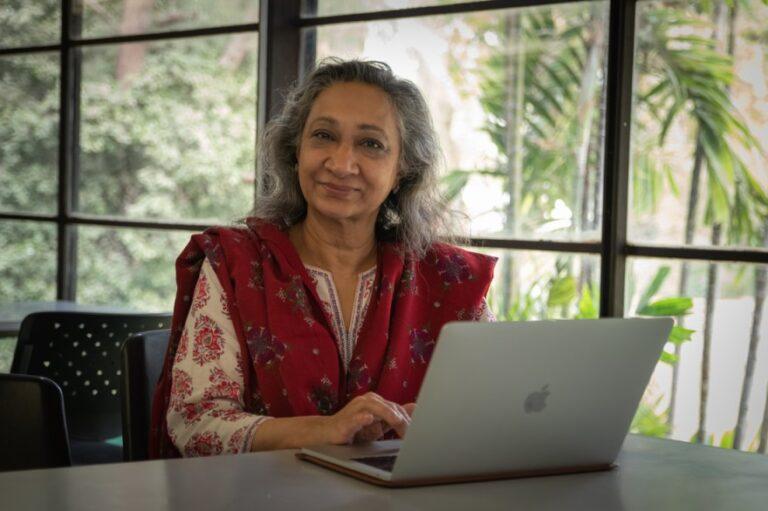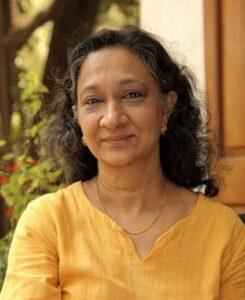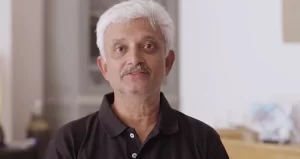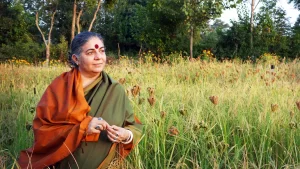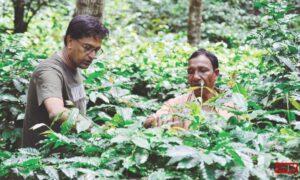An accomplished environmentalist, Sumaira Abdulali is noted for speaking out against serious environmental problems that go unacknowledged, like excessive noise pollution and sand mining. Abdulali encountered many difficulties in addressing the health risks presented by noise pollution although Mumbai has become one of the world’s noisiest cities.
The need for sand in the building industry is very significant. India needed 1.4 billion metric tons of sand by 2020. Therefore, sand mining is a profitable industry that encourages unlawful extraction. However, the river and the people who live nearby pay a heavy price for it. Extensive sand mining can undermine rivers and streams, modify the river’s flow, change the river’s bottom, and floods.
Many people are unaware that noise pollution is a serious issue that affects the population’s well-being, including their own. Of course, air pollution is more closely linked to premature deaths than noise. However, indices of life quality and mental health appear to be more significantly impacted by noise.
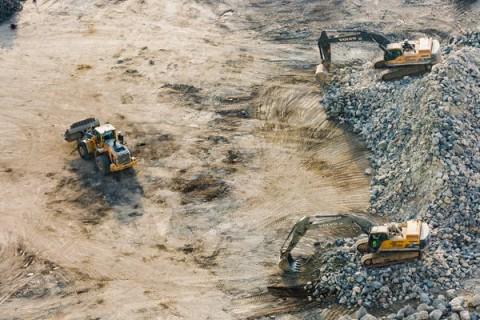
An environmental activist who focuses on sand dredging and noise pollution is Sumaira Abdulali. The Awaaz Foundation is an NGO that she founded. She first notified the government of the problem of sand mining in 2004, when she discovered that sand was being taken unlawfully from Kihim Beach and was assaulted while inspecting a sand mining site. Sand mining has now gained international attention. She then organized an NGO campaign called Movement against Threats of violence, Attack and Revenge against Activists or MITRA to defend public-interest activists and filed the first lawsuit in the interest of the public sand mining, which led to changes in State and federal legislation. Through her involvement in documentaries, education campaigns, and contributions to the newspaper, broadcast, and tv news, she made sand mining a global issue.
Sumaira Abdulali’s contribution to stopping noise pollution and sand mining
She contributed to the inaugural study, “Sand and Sustainable development: Exploring innovative solutions for pollution protection of planetary sand resources,” by taking part in the GRID-Geneva UN Environment Programme’s first Panel discussion. Her contribution was highlighted in the entire final report, which was released in May 2019.
Through judicial interventions, public awareness, campaigning, and her other main project against noise pollution, which has grown into a citizens’ movement, she has pushed legislative reform in India. Mumbai, where Maharashtra’s government announced an anti-noise pollution year in 2018, was the sole city in India where noise pollution drastically decreased throughout the full festival season in 2019.
Sumaira served as co-chairman of the preservation subcommittee of the Bombay Natural History. She currently serves on the Executive Council and served as the BNHS’s Honorable Secretary.
She has given speeches and shown off her work at several TEDx events, including those held at Harvard University Boston, the IITs, Anjuman-e Islam, Delhi University, Bombay University, and other universities as well as youth and community groups.
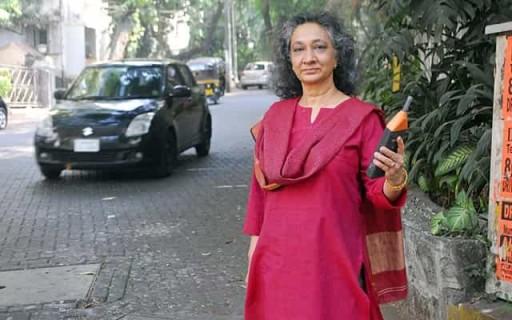
She has faced numerous threats in her ongoing campaign against the sand cartel, among the most potent groups operating along the city’s beachfront. In many locations, sand dredging is a very common activity. In addition to harming biodiversity by depriving the ecology of its native surroundings, this puts hundreds of children in peril because they are forced to work there, frequently without authorization.
By switching off gadgets when they’re not in use, planting additional trees, keeping machines up to date, and other methods, we can minimize noise pollution. One can report illegal sand extraction to the ministry of environment or a police station. Anyone discovered engaging in unlawful sand mining may be subject to severe penalties. Even the police are now empowered to stop unlawful sand mining and confiscate illegally mined sand. The Awaaz Foundation can be contacted for help in this endeavor.

